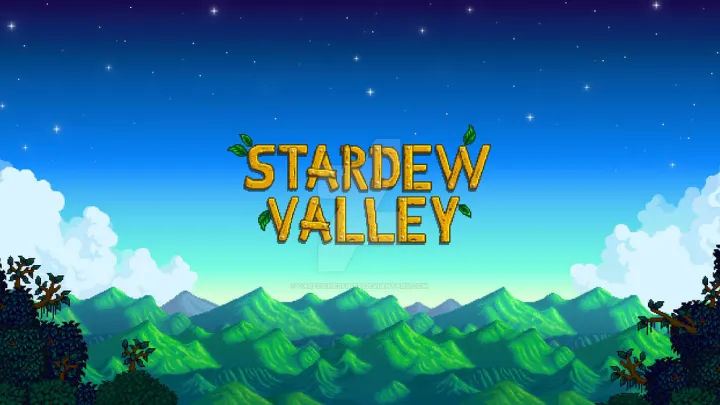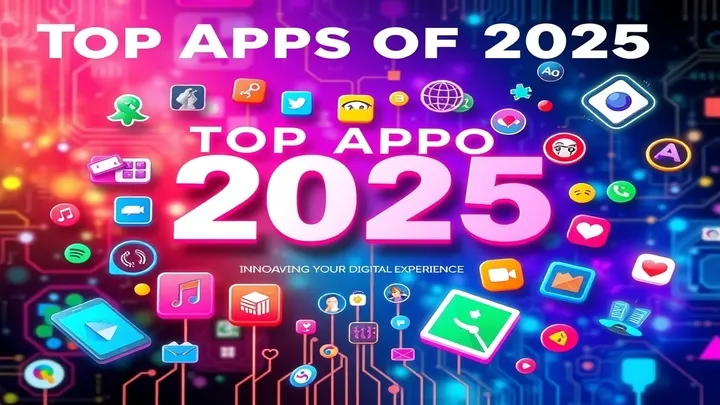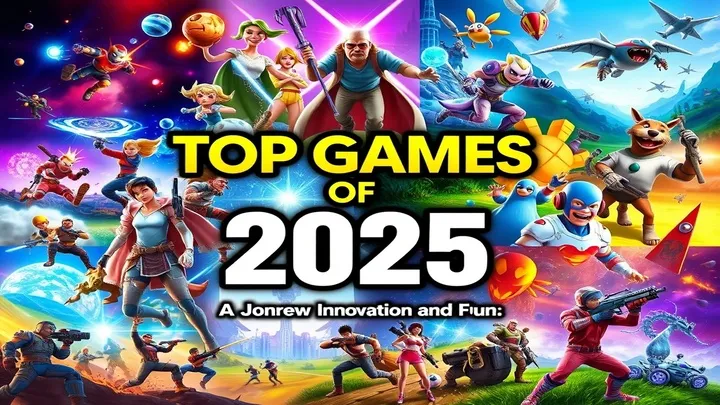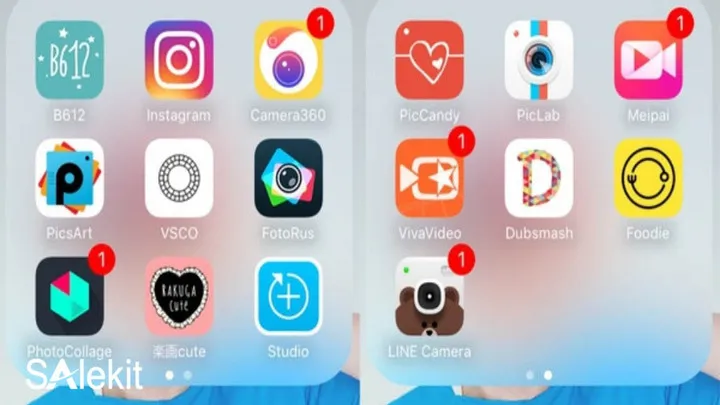Work in 2025 is no longer confined to physical offices or rigid schedules. The post-pandemic decade has seen a rapid acceleration toward hybrid work, global collaboration, and AI-assisted productivity. In this era, apps are no longer simple tools but intelligent ecosystems that manage time, automate workflows, and create seamless connections between people and tasks.
Among the many apps competing for attention, three stand above the rest in 2025: TaskMind Pro, CollabCloud 360, and NeuroFlow Assistant. Each of these apps redefines productivity in its own way: by optimizing task management, revolutionizing teamwork, or merging cognitive science with workflow design. Together, they show how the modern worker thrives at the intersection of technology, intelligence, and human creativity.
TaskMind Pro – The AI-Powered Task Manager
Description (100 words)
TaskMind Pro is the most advanced task management app of 2025, powered by adaptive AI that understands individual work habits. Unlike traditional planners, it does not just record tasks but organizes, prioritizes, and schedules them based on real-time conditions. The app learns from a user’s workflow—identifying peak focus hours, energy levels, and deadlines—to generate dynamic to-do lists. It integrates with calendars, communication platforms, and project boards, automatically syncing priorities across devices. TaskMind Pro is more than a digital checklist; it is a cognitive partner that makes productivity smarter, ensuring that time is managed with precision and balance.
In-Depth Analysis
TaskMind Pro goes beyond static task management. Its unique strength lies in personalization, offering tailored productivity models for each user. For example, if it detects a user is most creative in the morning, it schedules brainstorming tasks earlier in the day, leaving administrative work for later. It also detects patterns of procrastination and intervenes with suggestions, such as breaking down tasks into smaller steps or adjusting deadlines. TaskMind Pro has become especially valuable for freelancers and entrepreneurs managing diverse workloads. In 2025, it exemplifies how AI transforms productivity from rigid scheduling into an adaptive, intelligent process.
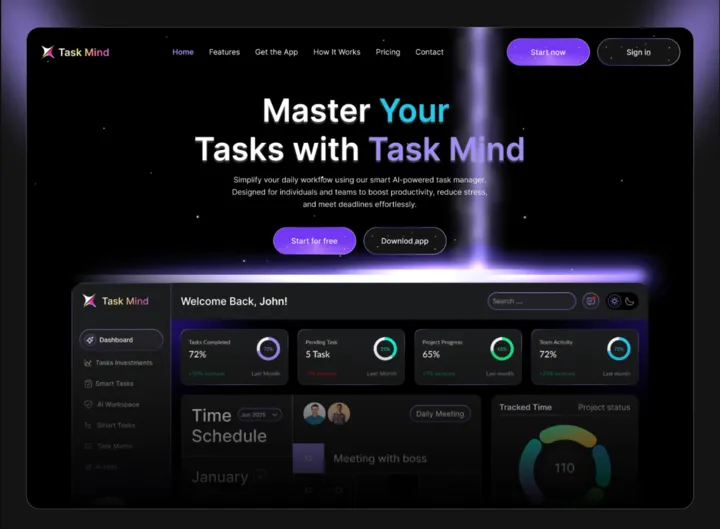
CollabCloud 360 – Redefining Team Collaboration
Description (100 words)
CollabCloud 360 is the ultimate platform for seamless teamwork in 2025. It unifies communication, project management, and workflow automation in one ecosystem. Unlike older collaboration tools, CollabCloud is built around real-time adaptability: AI moderators summarize discussions, detect bottlenecks, and recommend solutions instantly. Teams can switch between text, video, or holographic meetings without leaving the app. Its integration with industry-specific tools makes it versatile across sectors, from tech startups to global enterprises. CollabCloud 360 is more than a workspace; it is a living hub where teams brainstorm, execute, and evolve together, regardless of distance or time zone.
In-Depth Analysis
CollabCloud 360 tackles the biggest challenge of modern work: fragmented communication. Instead of switching between multiple platforms, teams find everything in one place. Its AI moderator feature is especially groundbreaking—summarizing meetings, assigning action items, and even detecting emotional tones in conversations to prevent miscommunication. This emotional intelligence creates smoother collaboration, even in multicultural teams. Holographic meetings further redefine interaction, giving remote workers a sense of presence. By blending efficiency, inclusivity, and immersion, CollabCloud 360 has become the gold standard for digital teamwork in 2025. It represents the future of collaboration: frictionless, adaptive, and deeply human-centered.
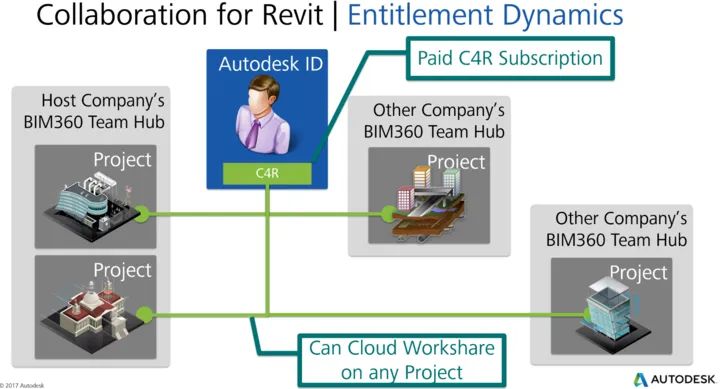
NeuroFlow Assistant – Productivity Through Cognitive Science
Description (100 words)
NeuroFlow Assistant is an innovative productivity app that merges neuroscience with AI to optimize human performance. Unlike standard task apps, NeuroFlow tracks cognitive states such as focus, fatigue, and stress through wearable integrations. Using this data, it adjusts work schedules, suggests breaks, and even recommends meditation or exercise to enhance efficiency. The app creates “flow cycles” tailored to each individual, maximizing creative and analytical output. NeuroFlow does not only help manage tasks—it helps manage the mind. In a time when burnout is common, it offers a science-driven approach to balance productivity with well-being.
In-Depth Analysis
NeuroFlow Assistant reflects a new frontier in productivity: aligning work with human biology. Instead of forcing workers to adapt to rigid timelines, it adapts work to human rhythms. For instance, if the app detects declining focus via a user’s smartwatch, it may recommend a short walk or a switch to lighter tasks. Conversely, during peak mental states, it encourages deep work sessions. NeuroFlow has become popular among high-performance professionals—creatives, researchers, and executives—who need to sustain innovation without burnout. By treating the brain as the core engine of productivity, NeuroFlow Assistant represents the union of science and technology in modern work.

Comparative Perspective
The three apps complement each other in shaping the modern workplace:
- TaskMind Pro organizes personal productivity with AI-powered scheduling.
- CollabCloud 360 enables smooth, intelligent, and immersive team collaboration.
- NeuroFlow Assistant aligns work with cognitive science, prioritizing well-being.
Together, they illustrate that productivity in 2025 is not about working harder but about working smarter—through personalization, collaboration, and alignment with human biology.
The Broader Context of Work in 2025
- AI-Enhanced Workflow – Apps predict needs and automate repetitive tasks.
- Hybrid Work Normalization – Collaboration tools bridge remote and in-person work seamlessly.
- Wellness-Driven Productivity – Burnout prevention and balance are central to efficiency.
- Immersive Meetings – Holograms and spatial audio create deeper engagement in virtual teams.
- Adaptive Scheduling – Time management tools adjust to energy levels and mental states.
Conclusion
The top three productivity apps of 2025—TaskMind Pro, CollabCloud 360, and NeuroFlow Assistant—illustrate the evolution of work from rigid structures to adaptive ecosystems. They bring intelligence, inclusivity, and humanity into the heart of productivity.
In 2025, success at work is not measured by hours but by outcomes, balance, and creativity. These apps empower individuals and teams to thrive in a connected, flexible, and science-informed work environment. They highlight that the future of productivity is not about doing more—it is about doing better, with clarity, collaboration, and care.



